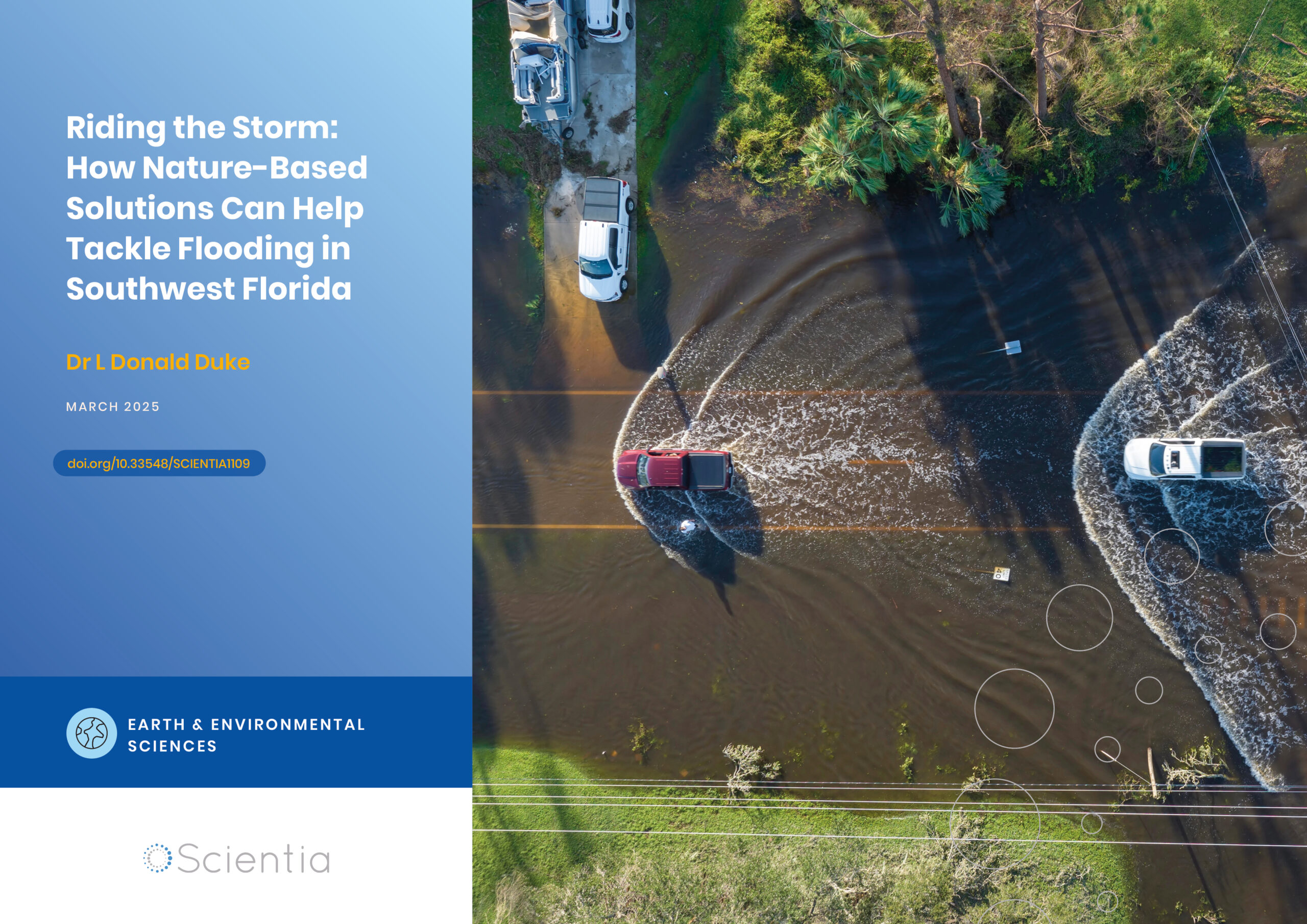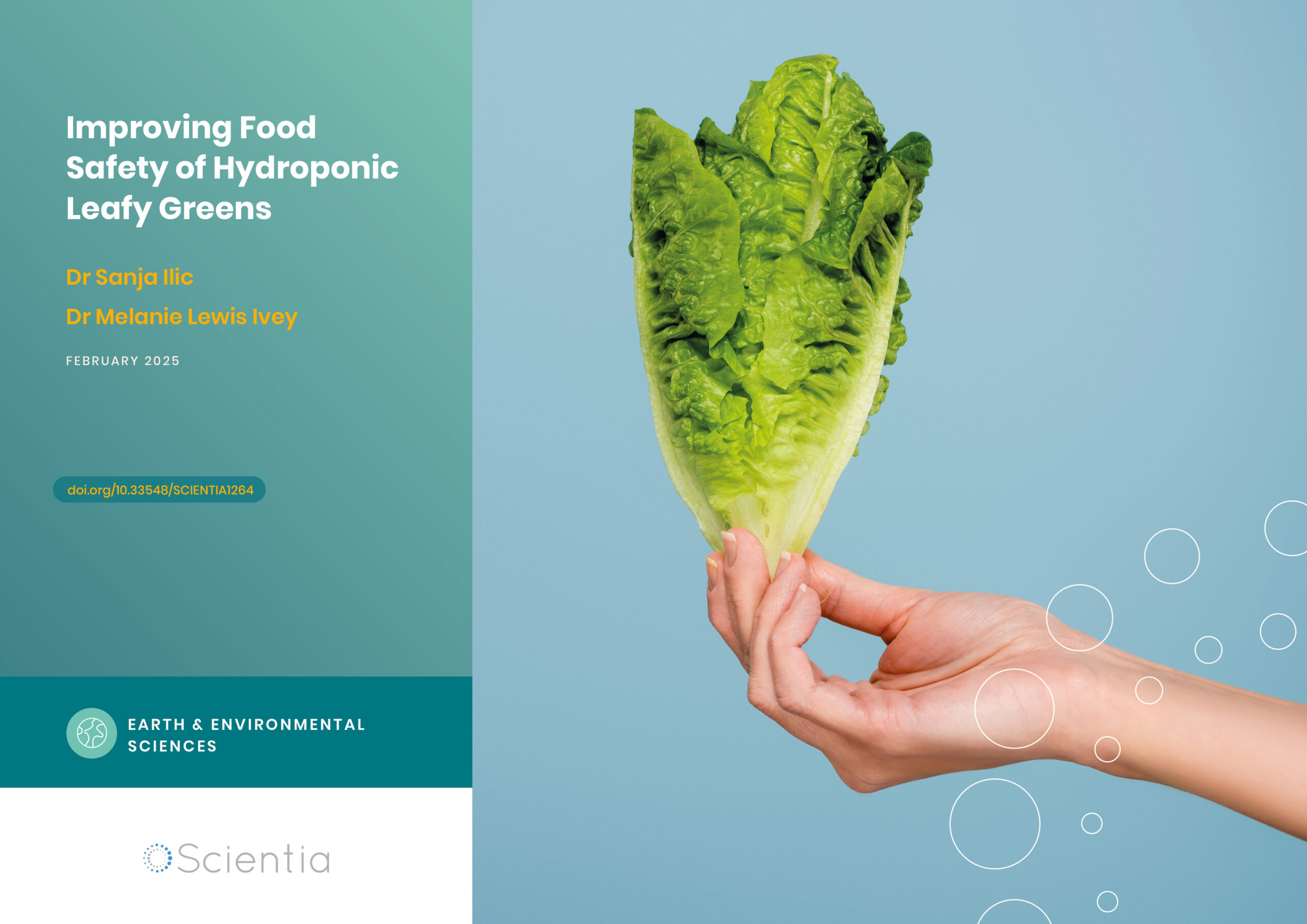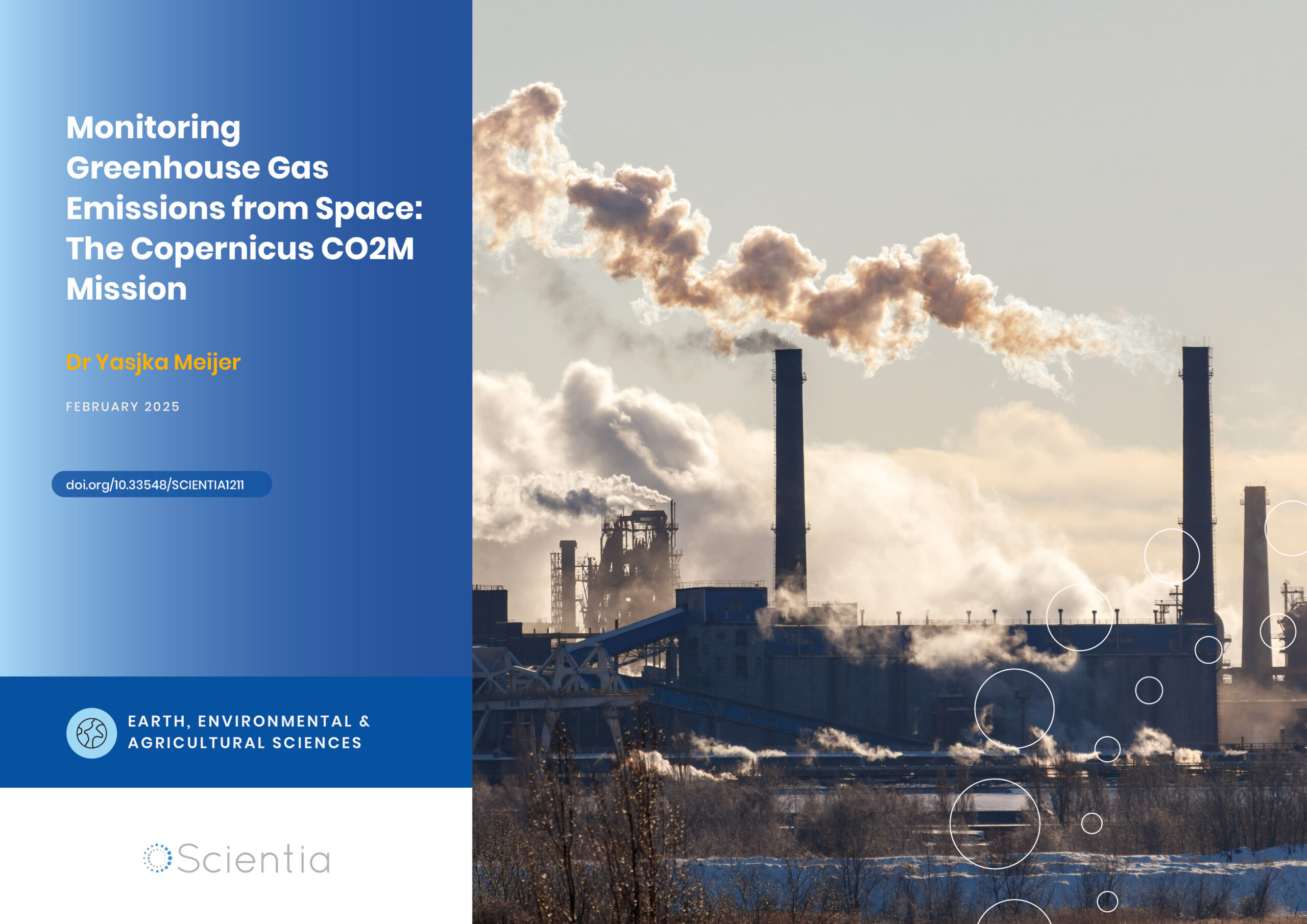Dr Kenneth Poeppelmeier | Treasuring Trash: Chemical Advances in Upcycling Single-Use Plastics
he proliferation of single-use plastics, particularly polyethylene (PE) and polypropylene (PP), presents a significant environmental challenge. Of the 300-400 million tons of plastic produced annually, up to 80% is discarded, often ending up in landfills or polluting our oceans. This not only creates severe environmental hazards but also represents a massive waste of chemical energy, equivalent to approximately 3.5 billion barrels of oil yearly. In response to this challenge, Dr Kenneth Poeppelmeier of Northwestern University and his team are pioneering an innovative approach to upcycle these plastics using catalytic hydrogenolysis.
Limitations of Current Plastic Recycling Methods
Plastic products are an inescapable part of everyday life. Since the initial development of fully synthetic plastics in the early 20th century, the use of this versatile material has skyrocketed because it is easy and inexpensive to make, has high thermal and chemical stability, and can be used for a wide range of applications. However, single-use plastics pose a problem both in environmental and economic terms because they are difficult to recycle, which leads to pollution and wastage.
Current recycling methods struggle to address this issue effectively. Mechanical recycling is less expensive and more energy efficient than chemical recycling if the plastic is clean enough, but not all plastic makes the cut. By 2050, mechanical recycling will be capable of processing only about 15% of polyethylene waste, leaving a substantial 85% that will require alternative solutions.
One such solution is pyrolysis, a process that chemically converts plastics back into raw chemical feedstocks that can be turned into new products. However, there are limitations in the types of products pyrolysis can produce, and it often yields broad product distributions that require extensive separation.
An Innovative Approach: Catalytic Hydrogenolysis
To address these issues, Dr Kenneth Poeppelmeier of Northwestern University and his team are leading a groundbreaking initiative to upcycle plastics through the use of catalytic hydrogenolysis. This method breaks down plastic molecules in the presence of hydrogen, allowing for greater control over the end products. Their research has led to the development of a promising catalyst: Platinum on Strontium Titanate nanocuboid supports (Pt/STO).
This catalyst stands out for its ability to convert polyethylene and polypropylene – two of the most common single-use plastics – into high-grade waxes and base oils with remarkable efficiency. In solvent-free conditions at 300°C under 170 psi H2, Pt/STO catalysts can selectively transform PE materials into value-added products. The team tested a variety of pre-consumer HDPE samples as well as a commercially sourced, single-use plastic bag. The final products had average molecular weights centred at C70 with narrow dispersity (Ð = 1.06). Small amounts of gaseous hydrocarbons (C1–C8) were produced, and no coke formation was observed.
The significance of this breakthrough lies in its potential impact. The waxes and base oils produced are valuable materials used in various industries, including automotive lubricants. By creating these high-value products, the process provides economic incentives for plastic recycling. Pt/STO catalysts achieve higher yields compared to other catalysts, making the process more energy efficient. This efficiency is crucial for reducing the overall environmental impact of recycling.
Key Features of the Pt/STO Catalyst
The Pt/STO catalyst has several features that make it attractive for polyolefin upcycling. Owing to a close lattice match between face-centred cubic Pt and the {100} facet of STO, Pt nanoparticles exhibit a cube-on-cube epitaxy with STO nanocuboids. This provides stabilisation against sintering under harsh reaction conditions. The catalyst can be synthesised using methods like atomic layer deposition (ALD), surface-organometallic chemistry (SOMC), or strong electrostatic adsorption (SEA), allowing for precise control over catalyst properties. Importantly, Pt/STO catalysts have demonstrated reusability, maintaining performance over at least five consecutive hydrogenolysis runs without significant changes to product properties or requiring catalyst reactivation.
A further key feature of this process is its potential to handle plastics with additives – a major barrier in traditional recycling. While Pt/STO itself might not solve all additive issues, it opens the door for developing catalysts that can. In the future circular economy, catalytic hydrogenolysis could work alongside mechanical recycling and pyrolysis, each addressing different aspects of the plastic waste problem.

Impact on the Circular Economy and Sustainability
The development of efficient chemical recycling methods like catalytic hydrogenolysis is crucial for advancing towards a circular economy and improving sustainability. By converting plastic waste into valuable chemical feedstocks, we can decrease reliance on fossil fuels for producing these materials. Effective recycling means less plastic ends up in landfills or oceans, reducing environmental pollution. The energy efficiency of catalytic processes using Pt/STO could lead to lower greenhouse gas emissions compared to producing new plastics or other less efficient recycling methods. For example, work published in 2022 showed that life cycle emissions were in the range of 0.48–1.2 kgCO2 kgLub−1 showing, for the best-case scenario, a 52% reduction relative to the emissions for petroleum lubricants, and a 74% reduction relative to the emissions for PAO lubricants.
Challenges and Future Directions
Dr Poeppelmeier’s work on catalytic hydrogenolysis using Pt/STO catalysts represents a significant step forward in addressing the plastic waste crisis. By efficiently converting common single-use plastics into valuable products, this technology could play a crucial role in creating a circular economy for plastics. As we move towards a more sustainable future, innovations like these will be essential in tackling the 85% of plastic waste that current mechanical recycling methods can’t handle. The potential to reduce reliance on fossil fuels, minimise waste, and create economic value from plastic waste makes this an exciting development in the fight against plastic pollution.
While the Pt/STO catalyst shows great promise, several challenges remain to be addressed. Further research is needed to find ways to integrate this technology with current recycling infrastructure, and other chemical recycling methods will be key to maximising its impact. Additionally, the mechanism behind polyolefin hydrogenolysis is currently not well understood, and further studies, including computational modelling, are required.
Future research will focus on understanding the hydrogenolysis mechanism, developing new catalysts based on the principles that make Pt/STO effective, and optimising the process for real-world plastic waste, which often contains mixtures of different plastics and additives. These efforts, combined with advancements in other recycling technologies, will be crucial in establishing a truly circular economy for plastics and mitigating their environmental impact. The work of Dr Poeppelmeier and his team offers a promising path forward in our ongoing efforts to address the global challenge of plastic waste and move towards a more sustainable future.
SHARE
DOWNLOAD E-BOOK
REFERENCE
https://doi.org/10.33548/SCIENTIA1085
MEET THE RESEARCHER

Dr Kenneth R Poeppelmeier
Department of Chemistry Office
Northwestern University
Evanston, IL
USA
Dr Kenneth Poeppelmeier obtained his PhD on reduced scandium halide compounds from Iowa State University in 1978. Now Professor of Chemistry at Northwestern University, Dr Poeppelmeier has had a remarkable career. He began as a teacher in the South Pacific and then transitioned to a distinguished role as a Research and Staff Chemist for Exxon. He has also provided consultancy for numerous corporations, including Shell plc, and is a member of multiple editorial boards. Dr Poeppelmeier is a member of several prestigious organisations, including the American Chemical Society, Materials Research Society, and the Catalysis Society. He is also a Fellow of the American Association for the Advancement of Science. Notably, he received the FLOGEN SIPS Fray International Sustainability Award in 2023. His work centres on synthesis, materials design, and applications in superconductivity, nonlinear optical materials, catalysis, and energy storage, significantly advancing the fields of solid-state and materials chemistry.
CONTACT
W: https://chemgroups.northwestern.edu/poeppelmeier/
https://chemistry.northwestern.edu/people/core-faculty/profiles/kenneth-poeppelmeier.html
KEY COLLABORATORS
Ian L Peczak, Northwestern University
Robert M Kennedy, Aeternal Upcycling, Inc.
Ryan A Hackler, Aeternal Upcycling, Inc.
Byeongdu Lee, Argonne National Laboratory
Max Meirow, Northwestern University
Erik Luijten, Northwestern University
Massimiliano Delferro, Argonne National Laboratory
FUNDING
This work was supported as part of the Institute for Cooperative Upcycling of Plastics (iCOUP), an Energy Frontier Research Center funded by the US Department of Energy, Office of Science, Basic Energy Sciences.
FURTHER READING
IL Peczak, RM Kennedy, RA Hackler, et al., Treasuring Trash: Pt/SrTiO3 Catalysts Process Plastic Waste into High-Value Materials, Matter, 2023, 6(10), 3296–3321. DOI: https://doi.org/10.1016/j.matt.2023.06.038

REPUBLISH OUR ARTICLES
We encourage all formats of sharing and republishing of our articles. Whether you want to host on your website, publication or blog, we welcome this. Find out more
Creative Commons Licence (CC BY 4.0)
This work is licensed under a Creative Commons Attribution 4.0 International License. 
What does this mean?
Share: You can copy and redistribute the material in any medium or format
Adapt: You can change, and build upon the material for any purpose, even commercially.
Credit: You must give appropriate credit, provide a link to the license, and indicate if changes were made.
SUBSCRIBE NOW
Follow Us
MORE ARTICLES YOU MAY LIKE
Dr L Donald Duke | Riding the Storm: How Nature-Based Solutions Can Help Tackle Flooding in Southwest Florida
Florida grapples with mounting challenges related to inland flooding due to heavy precipitation, along with coastal flooding from rising sea levels and coastal storms. One important approach to address precipitation-originating flooding is to embrace land use practices runoff management in the upstream portions of at-risk watersheds, where sustainable design can relieve the pressures on drainage systems from continuing dense urban development in the low-lying Florida landscape. Dr L Donald Duke, from The Water School at Florida Gulf Coast University, plays a pivotal role in this endeavour. His work encompasses creating and evaluating flood-resilient land use practices and planning to manage stormwater runoff on the watershed scale.
Improving Food Safety of Hydroponic Leafy Greens
Hydroponic farming is experiencing rapid growth worldwide, offering a sustainable and efficient method of producing fresh, nutrient-rich crops. However, the unique conditions of hydroponic systems also present complex food safety challenges. Dr Sanja Ilic and Dr Melanie Lewis Ivey, researchers at The Ohio State University, are at the forefront of efforts to understand and mitigate the risks of human pathogen contamination in commercial hydroponic production. Their pioneering work is providing crucial insights and practical guidance to help ensure the safety and nutritional value of hydroponically grown leafy greens.
Dr Yasjka Meijer | Monitoring Greenhouse Gas Emissions from Space: The Copernicus CO2M Mission
Atmospheric concentrations of carbon dioxide (CO2) and methane (CH4) have been steadily rising due to human activities, contributing to global climate change. Dr Yasjka Meijer from the European Space Agency is responsible for the objectives and requirements of the Copernicus Anthropogenic Carbon Dioxide Monitoring (CO2M) mission – a constellation of satellites that will enable the monitoring of anthropogenic greenhouse gas emissions from space with unprecedented accuracy and detail. This groundbreaking mission aims to support international efforts to reduce emissions and combat climate change.
Renewable Fuel for a Generation of Green Batteries
Revolutionizing energy production has been integral to combatting climate change and reducing our dependence on limited natural resources, but complementary advances in energy storage have been lacking. Dr Thomas Guarr and Dr David Hickey from Michigan State University lead their team in investigating a counterintuitive molecular mechanism which could support a wave of green, renewable, and cheap batteries. If practical, this technology might be the crucial leap towards an entirely green energy system.





